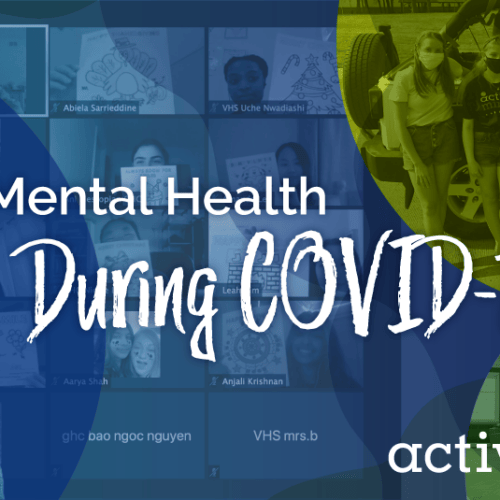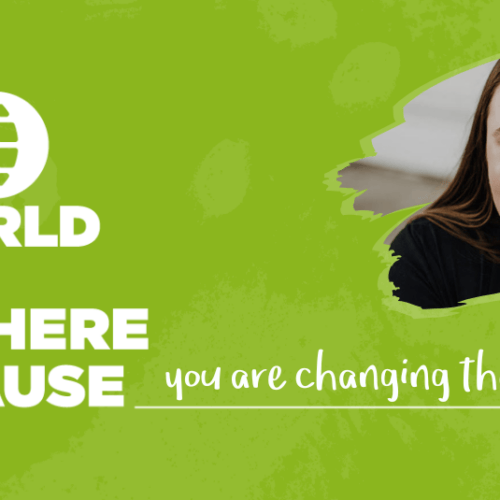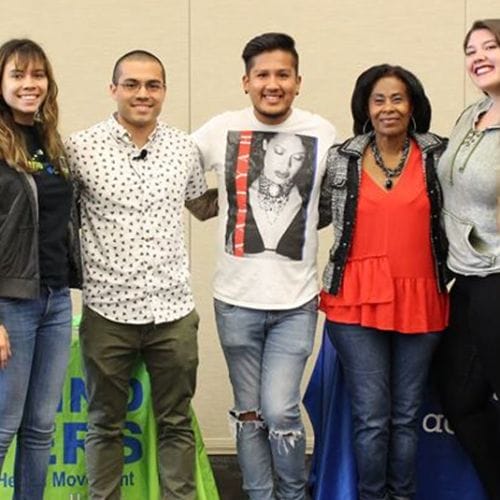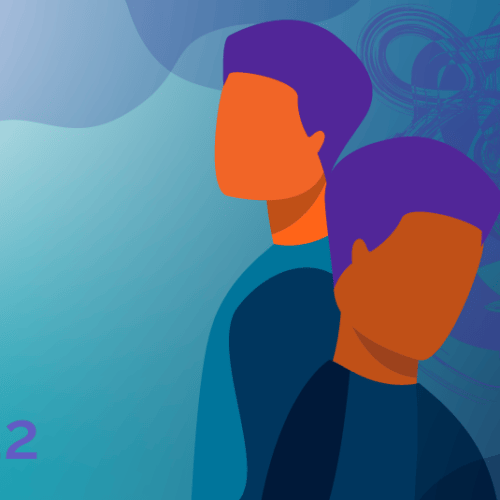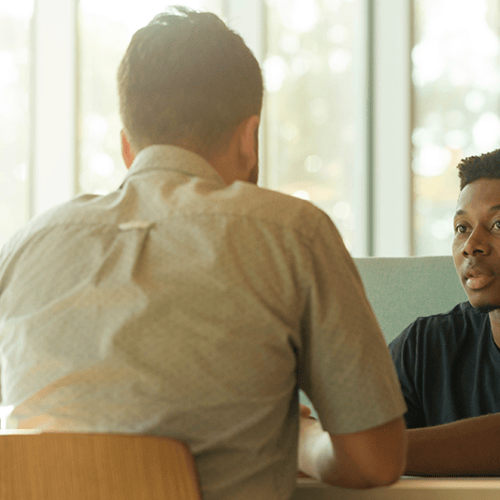Content Warning: This piece contains mentions of suicide.
Two years. It’s been two full years since COVID-19 was declared a pandemic in the United States and the effects have been as deep as they have been wide. We have all experienced loss in our own ways. From those who battled COVID themselves, to those who lost jobs or friendships, to those who felt the pain and fear of spending weeks in isolation, and so much more. It can be easy now to look back and only think about the difficult times, to feel hopeless that we’re still in this pandemic. The grief is valid, and it makes sense. At the same time, I hope we can also see the strides we made, and the way we have adapted our lives and continued to fight each day. It’s not easy, and I don’t have all the answers. But what I can tell you is that I’ve felt these feelings before and I have survived them. They aren’t easy to cope with, but we can manage them, and we can do it together.
In the weeks following the declaration of COVID-19 as a pandemic, I remember feeling a wave of emotions: worry for my family and friends’ health, stress over the closures of my daughters’ schools and elimination of my husband’s job, and fixation on the running tally of deaths displayed on the evening news. From day one, I was also deeply concerned about the effects we would see on mental health. With talks of weeks-long quarantine, separation from our support networks, and immense loss dominating the twenty-four-hour news cycle, I worried how mental health would be impacted in the short and long term. COVID disrupted our plans then, just as it continues to today. And just like I feared, the effects on mental health have been widespread and deeply felt. In particular, we’ve all, in some way or another, dealt with the prolonged effects of grief.
Grief is a tricky feeling. Many people think grief can only come after death. But, we can experience it at many points in our life, and it can be complicated to work through. The overwhelming emotions can come when you least expect them and leave just as quickly. Even once the grief feels like a memory, it may come back in full force. I’ve experienced this cycle for more than twenty years of my life, ever since I lost my brother Brian to suicide while we were both in college. Now, I think unfortunately that more and more people every day are relating to that feeling that their world is collapsing. This grief could stem from health-related anxiety, strain with family members and friends over public health guidelines, longing for normalcy, or, of course, the loss of a loved one. Now the question becomes: how do we move forward?
To begin moving forward completely, we have to confront one of the long-lasting effects this pandemic has had: a mental health crisis. Mental health has become an increasingly pressing (and concerning) issue as the pandemic has progressed. That makes sense – mental health is public health. It’s unemployment rates exacerbated by the pandemic, it’s being unhoused and the food insecurity that can follow, it’s the fear of how we will survive, and it’s so much more. Put simply, mental health and its effects are ingrained into every part of our lives. It can be easy to downplay the importance of taking care of our well-being in a time when it just feels hard to survive some days. But the way we will continue to get through each day is by taking daily actions of self-care and encouraging others to do the same. It may not come naturally to you. But, it’s possible, it’s worth it, and it’s necessary.
More than anything, I wish I was writing this in celebration of the pandemic being under control, and life feeling like what it did in 2019. But unfortunately, we’re not there yet. All I can share is how we can continue to press on together. When I lost Brian, I didn’t quite know how to pick up the pieces. What I learned in that experience is that we can’t control everything, but what we can control are the steps we take each day to adjust to our new normal. We learn to live with our new reality and incorporate the flexibility we’ve had to adapt. We take baby steps. In the time following Brian’s death, each day was a series of small wins. I got out of bed. I called a friend. I made myself shower. What I previously thought of as givens became successes. The same is true with the pandemic. Each day, we find another way to take a step forward. One day, it may be having a socially-distanced conversation. Then, it may be feeling comfortable to go grocery shopping in person. For some, it might be larger swings, like traveling or celebrating life’s milestones at weddings and birthday parties. It’s not like it was, but it’s progress.
I’d like to leave you with a line I wrote nearly two years ago: “In case our worlds fall apart again, we need to know that piece by piece we can rebuild it – together.” When times feel dark, know that we have already rebuilt so much, and we will continue to do so together.



